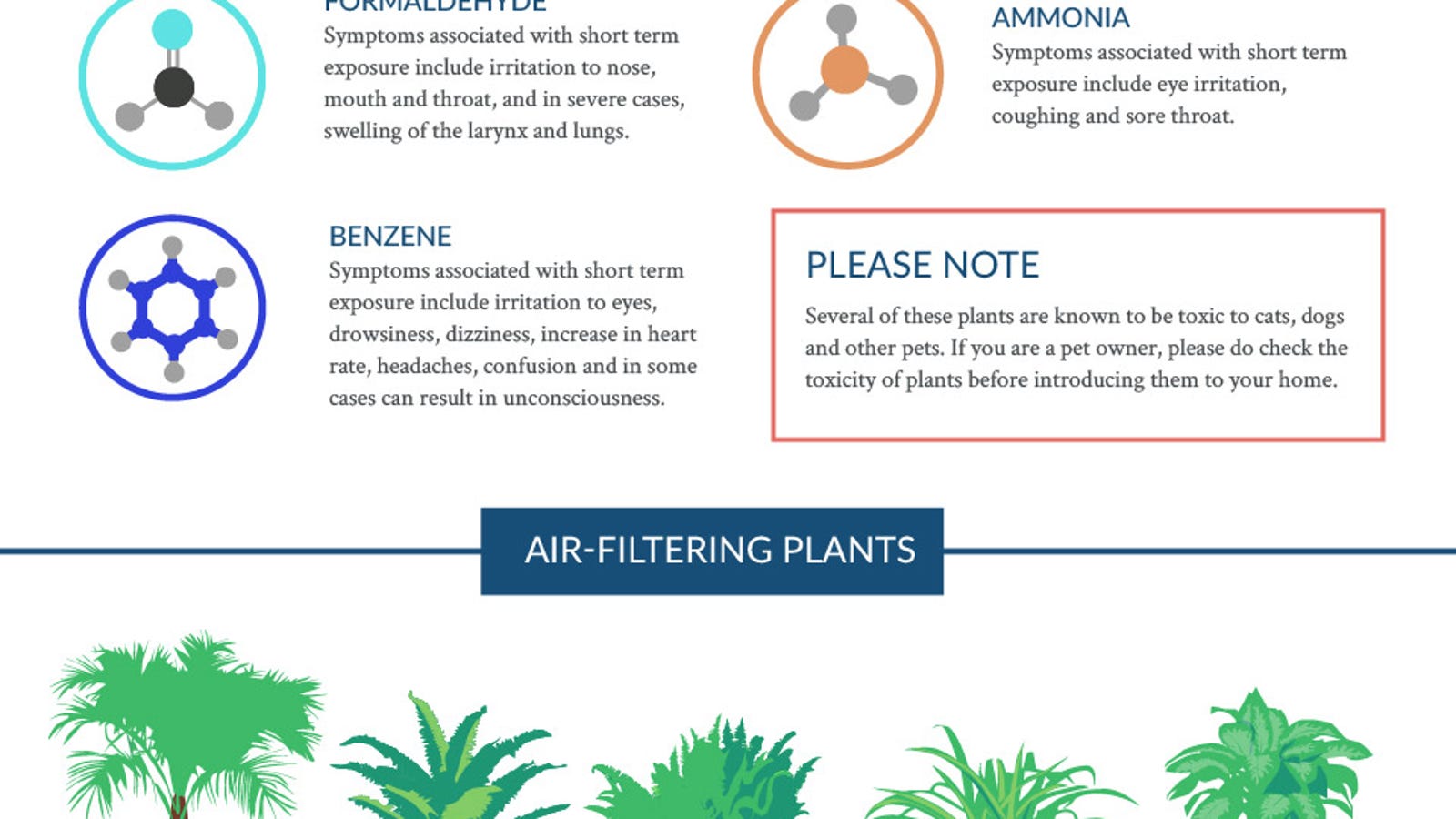Stay Clear Of Expensive Fixes: How To Spot Very Early Indicators Of HVAC System Troubles
Stay Clear Of Expensive Fixes: How To Spot Very Early Indicators Of HVAC System Troubles
Blog Article
Web Content By-Kjeldsen Lloyd
You may not understand it, but your heating and cooling system could be calmly outlining versus you. It's a complex equipment, functioning carefully to keep you comfortable year-round.
But often, it begins to show indications of problem. Indicators that, if ignored, can bring about expensive repair work down the line.
So, how can you shield yourself from these potential catastrophes? Well, allow's start by listening closely ...
Unusual Noises
If you listen to any kind of unusual sounds originating from your heating and cooling system, it's important to address them promptly to stop potential issues. visit my homepage could be an indicator of underlying concerns that, if left neglected, could result in even more substantial and pricey repair services down the line.
One typical sound to listen for is a squealing audio, which might suggest a problem with the fan belt or electric motor.
An additional noise to look out for is a banging or clanging sound, which can show loosened or busted parts within the system.
Additionally, a hissing or whistling audio could be an indicator of a cooling agent leakage.
Irregular Temperature
To ensure the optimum performance of your cooling and heating system, it's necessary to attend to any type of problems that may bring about costly fixings, such as uncommon sounds, along with the issue of inconsistent temperature. Inconsistent temperature level can not only make your home awkward yet additionally indicate underlying troubles with your heating and cooling system.
Right here are 3 indicators to watch out for:
1. Hot and cold areas: If you discover considerable temperature variants in various locations of your home, maybe an indication of an a/c system that's struggling to distribute air equally.
2. Changing thermostat readings: If your thermostat frequently shows different temperatures or fails to maintain a consistent temperature, it may be a sign of a malfunctioning HVAC system.
3. Ineffective cooling or heating: If your heating and cooling system takes longer to cool or warm your home than normal, it could be an indicator of an issue that needs attention.
Poor Air Quality
Are you experiencing signs and symptoms like coughing, sneezing, or allergic reactions in your home? If so, your HVAC system may be to blame for the inadequate air high quality.
An inadequately maintained or defective HVAC system can distribute dust, pollen, and various other allergens throughout your home, bring about breathing issues and discomfort.
One potential root cause of inadequate air quality is an unclean air filter. Over time, the filter can become blocked with dust, stopping it from successfully getting rid of fragments from the air.
Another possible perpetrator is mold growth within the system. Mold and mildew thrives in dark and wet atmospheres, and if left unattended, it can launch spores into the air, causing allergic reactions.
To boost your interior air high quality, see to it to regularly tidy or replace your air filters and schedule routine maintenance for your a/c system.
Final thought
So keep in mind, keeping an eye out for very early indicators of a/c system problems can conserve you from costly repair services down the line.
Did you understand that according to a recent research study, 80% of heating and cooling system failings could have been avoided with routine upkeep and timely repairs?
By paying attention to unusual noises, irregular temperatures, and bad air top quality, you can guarantee your cooling and heating system stays in leading form and stay clear of unnecessary costs.
Keep https://costofreplacingheatingand46418.worldblogged.com/30172499/keep-cool-and-conserve-money-professional-heating-and-cooling-repair-tips and conserve yourself the headache!
